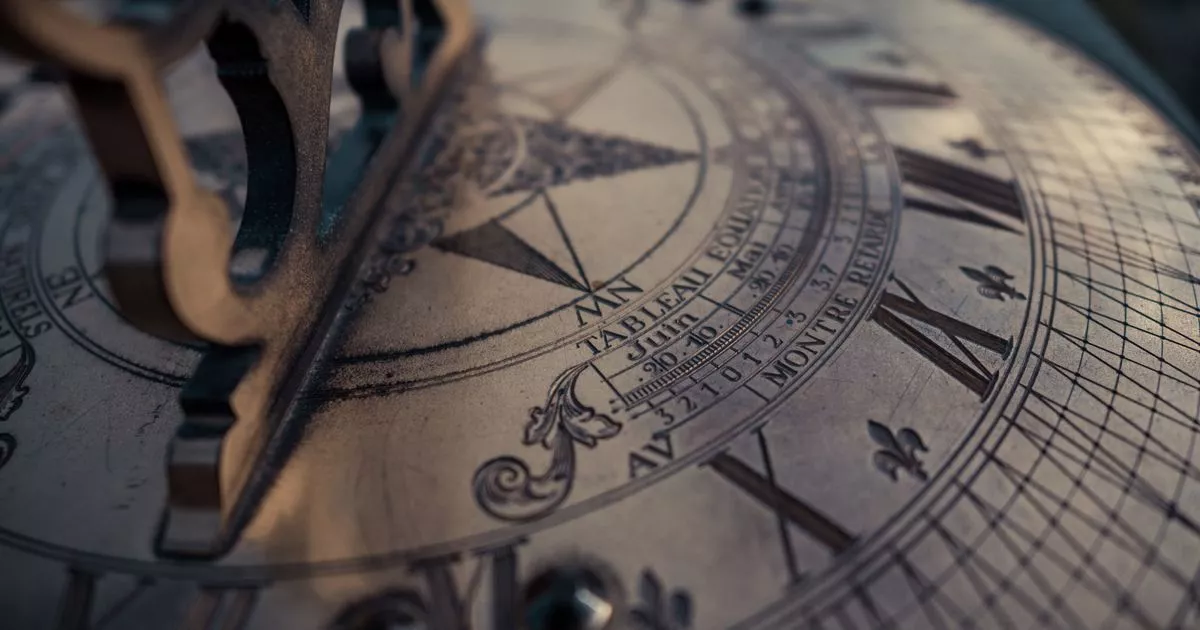Man wonders what AM and PM stands for as people have 'never thought to ask' – The Mirror US
People are having a lightbulb moment as they're only now realizing what the time-related terms 'AM' and 'PM' actually mean – and they can't believe it's taken them this long to figure it out.
A curious individual posed a question on X, formerly known as Twitter, that quickly went viral. They wrote: "I might be called stupid after this, but WTF does 'AM' and 'PM' stand for? " Luckily, there were those ready and willing to answer his question.
The abbreviations 'AM' and 'PM' come from Latin origins. 'AM' stands for ante meridiem meaning 'before noon/midday,' while 'PM' means post meridiem, or after noon/midday.
Dog behavior expert's 3 breeds to avoid including one 'no-one should consider'
Although some people knew the answer, many confessed they hadn't given it much thought until now. One user said: "I've never in my life thought to ask this question… lmao."
Another laughed: "Haha, my wife just said, 'almost morning and past morning? '" And another commented: "I bet 5,000 people got the answer to that question from this post, when they didn't even have the question in them before this post. That makes it a great post. It made people think and answered the question."
Some clever posters weren't exactly floored by the news, though. One sarcastic user quipped: "Wow, this gives me a great idea! What if there was some way on the internet that you could search for answers without having to ask specific people? I think a site that could do that might do very well!"
Have you ever pondered when AM and PM became part of our vocabulary? Our ancestors started using these terms along with the 12-hour clock system in ancient times.
The tradition of dividing the day into 12-hour chunks has its roots in ancient Egyptian and Mesopotamian cultures, as they used sundials and water clocks for time-tracking. The Romans jumped on the bandwagon too, splitting their days and nights into 12 hours each, though the lengths shifted with the changing seasons.
It was with the invention of more formal time-telling tools that "AM" and "PM" really found their stride, becoming clearer during the period mechanical clocks went mainstream in medieval times. As the Industrial Revolution steamrolled ahead, timekeeping became more important, cementing these terms into everyday use.
As they say, the more you know.




